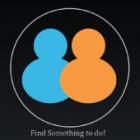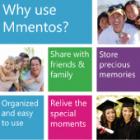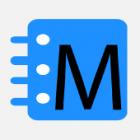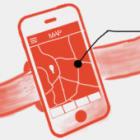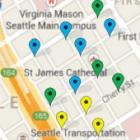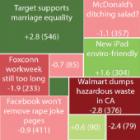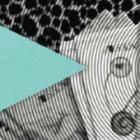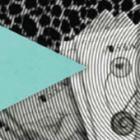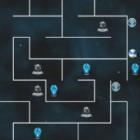Adults spend too much time alone instead of flourishing in interpersonal environments. Young adults age 18 to 24 spend an average of three hours per day watching television, and an additional six hours monitoring online media. The same age group enjoys merely three hours a day interacting with their peers in a social setting. We have engineered Let’s Do Something, a comprehensive mobile application designed for the Android platform that presents the user with an intuitive tool to suggest social and active ideas in the Seattle area. From abstract art to weightless free falling, our database is already populated with over 50 unique and interesting adventures. Through usability research we have already found that one in three people have found activities they haven’t indulged in, but would love to experience. Our peers have voted Let’s Do Something as more intuitive, better architected, and ultimately more useful than similar existing applications. What separates Let’s Do Something from our competitors is the ability for our fan base to submit fun and enticing ideas to our moderated and ever growing database. Our application doesn’t suggest mundane and ordinary plans like our rivals. Instead, we offer memorable outings and experiences that even the most reserved person will be excited to participate in. The Let’s Do Something application is the key for our generation to rebuild relationships with their loved ones, have fun with friends, and exercise important interpersonal skills lost in this day and age.


